Royal Charters & Ethical Business
"A Seal of Trust. A Promise of Integrity."
Business in Africa is not only about profit — it is about values, culture, and community. Just as halal certification built a global economy based on trust, the Royal Charter certifies businesses that honour traditional values, respect workers, and reinvest in their communities.
RACC administers the issuing of Royal Charters on behalf of ROLESA.
Overview of Royal Charters
Symbolic Recognition by Monarchs
For centuries, monarchs across the world issued Royal Charters to recognise trustworthy enterprises and set standards for trade. From the UK to Norway, these seals of approval gave businesses legitimacy, stability, and privilege.
Current Regulatory Environment
In Africa, businesses already need government licences from government agencies or commissions like the CIPC or SARS — but none of these prove a company’s commitment to traditional values, community reinvestment, or cultural integrity. The Royal Charter fills that gap, restoring an ancient practice under African leadership
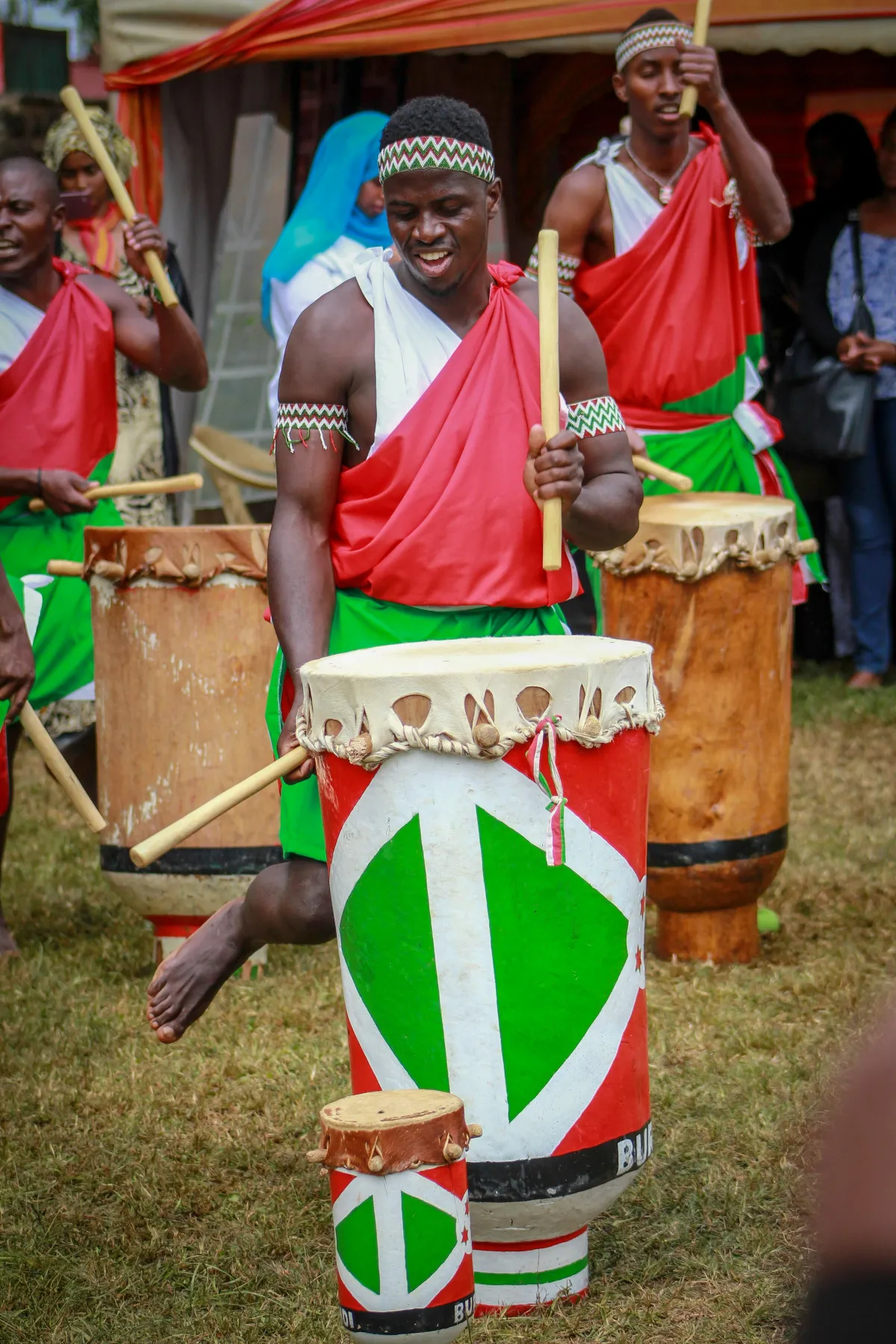
A Royal Charter is symbolic permission to trade — a covenant with traditional leaders that sets your business apart, opens doors to 18 million loyal consumers under South Africa’s 13 royal houses, and proves your commitment to community and culture.
RACC manages the Charter system on behalf of royal leaders. We ensure every certified business is properly vetted, accountable, and trusted by both communities and consumers.
Current Issues: Why We Need the Royal Charter
A Royal Charter is a covenant of recognition and blessing from traditional leaders.
1. Exploitation & Short-Term Profits
Too many businesses strip resources from communities, pay little back, and vanish when profits dry up. A Royal Charter ensures accountability to both law and culture.
RACC administers Royal Charters:
Appoint Chartered Business Accountants in Practice to vet business for compliance to the Royal Charter.
Manage the application and payment process.
Monitor compliance so that the Royal Charter seal always stands for integrity, local reinvestment, and respect for traditional values.
Major Cases:
Unsafe food in rural shops: expired goods and harmful products sold where regulations are weakest.
Unfair labour practices: workers underpaid or mistreated by companies with no accountability to the community.
Community exploitation: businesses extracting profits from villages without reinvesting locally.
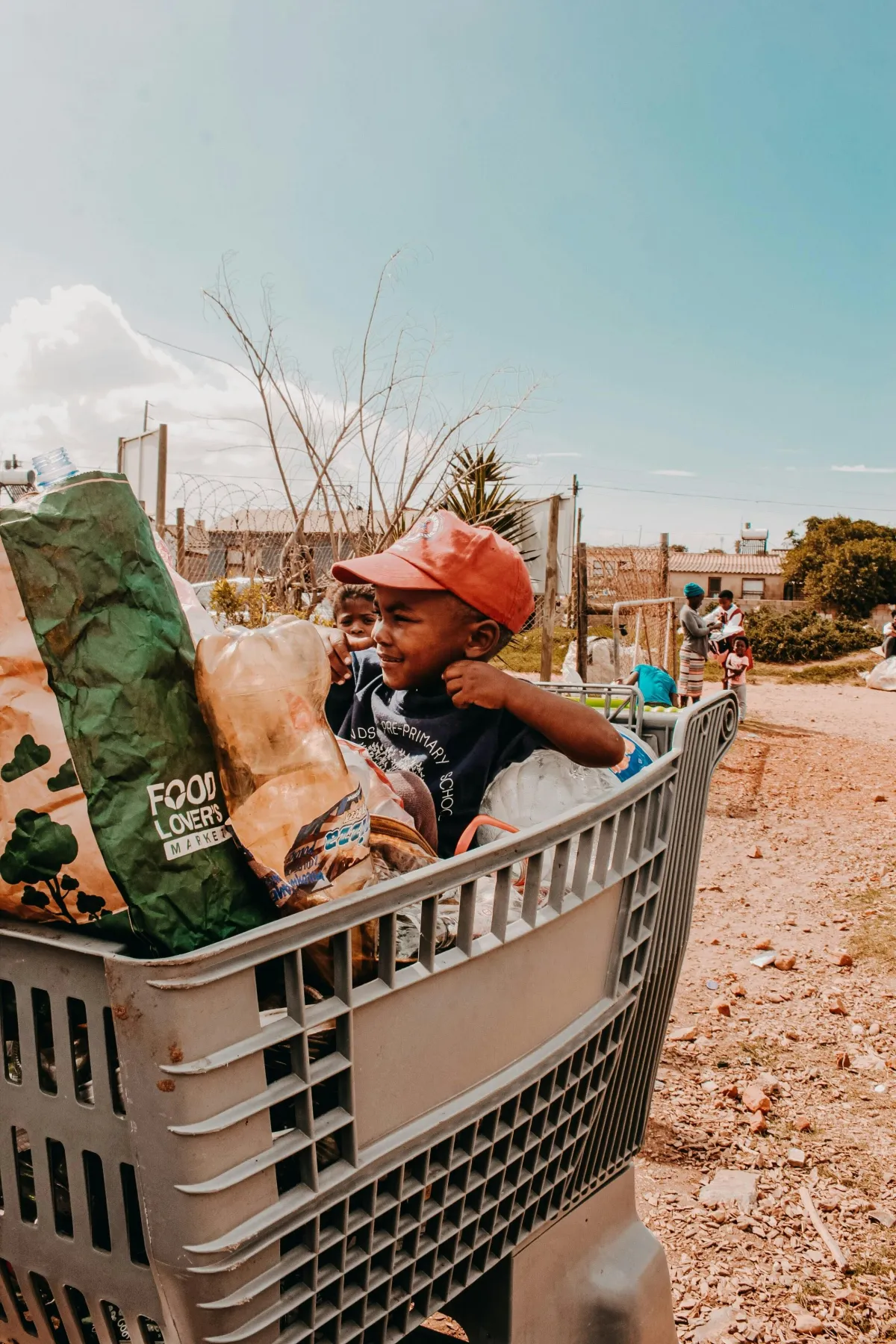
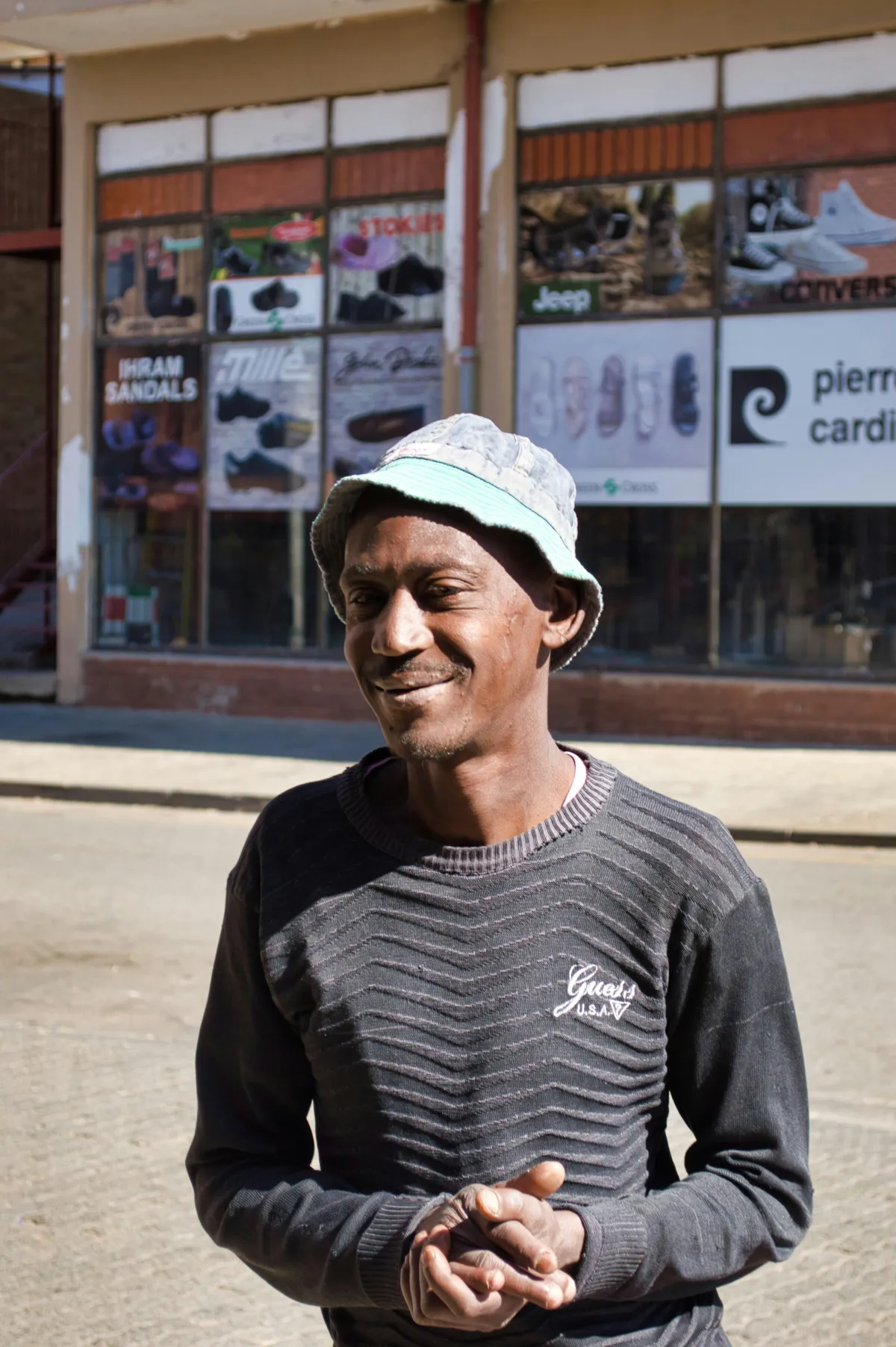
2. Lack of Trust & Standards
Consumers want businesses that show respect to royal leaders and their communities, but CIPC, SARS or Municipal Business Licenses only proves legality, not loyalty to heritage.
Problematic Gaps in the Current System
Paper without values: A CIPC certificate proves you exist, but not that you respect the people you serve.
No cultural accountability: Businesses can profit in traditional areas without ever engaging local leaders.
Lost community trust: Without a seal of recognition from traditional authorities, consumers doubt whether businesses are truly for them.
Just as halal or organic labels prove integrity in their industries, the Royal Charter shows that a business carries recognition from the first peoples of this land, administered by RACC, awarded by kings
3. Cultural Values Ignored
Bypassing traditional leaders: Companies enter communities without seeking recognition or guidance from royal authorities.
Disregarding customs: Business practices clash with cultural norms, eroding trust and alienating local consumers.
Community exclusion: Profits are taken, but no respect is shown to heritage or to the values that shape community life.
How RACC Is Involved
RACC helps translate cultural values into clear business standards.
We work with royal leaders to identify the customs and community priorities that matter most, and ensure these are reflected in the Charter process. Our role is to preserve the symbolic blessing of kingship while making it practical and credible for modern enterprises.
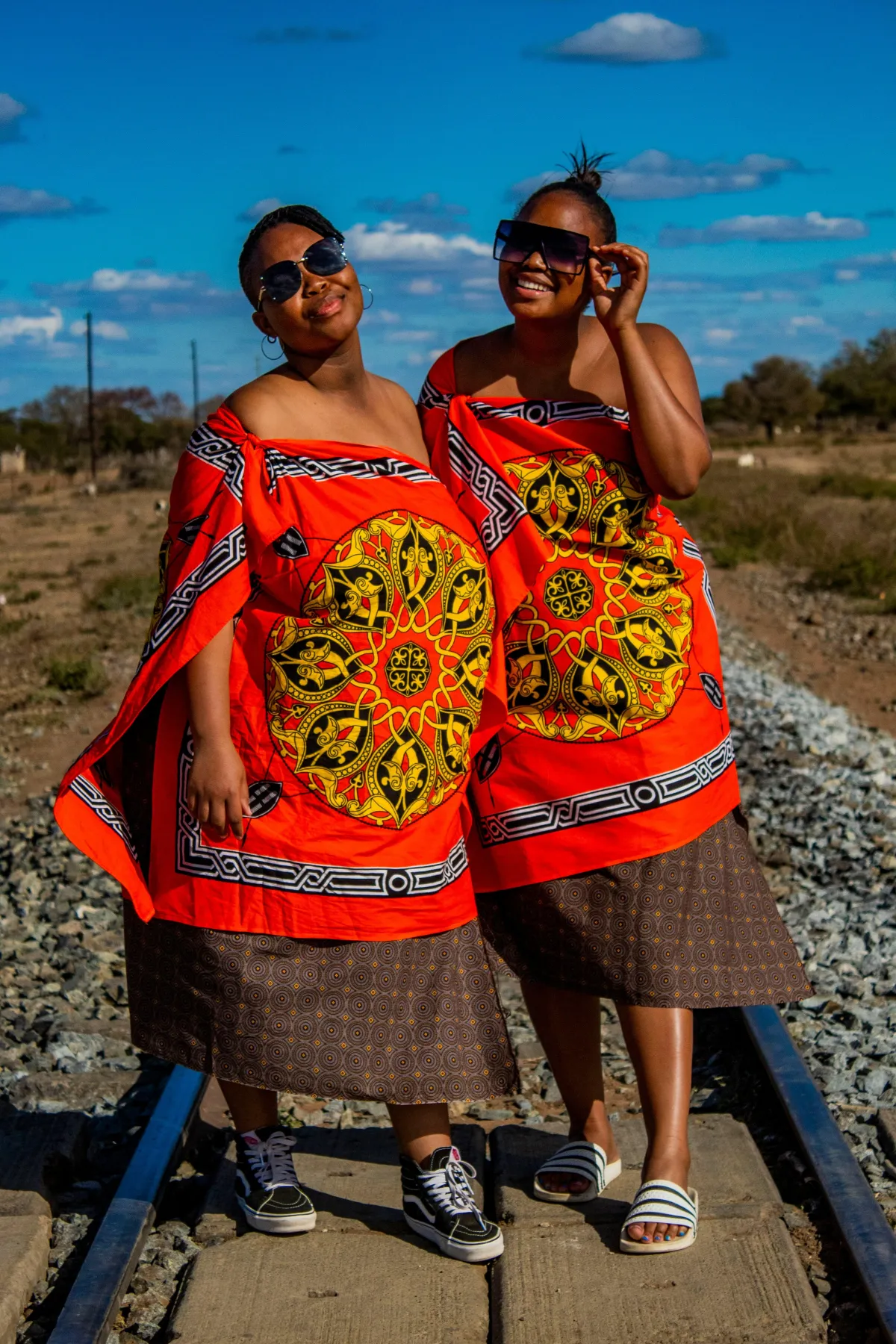
How You Can Take Action
This is not just a fight for traditional leaders, this is a fight for every person who believes in justice, sovereignty, and heritage.

Apply for a Royal Charter
Have your company certified under the authority of kingship and show that you operate with respect for tradition.
APPLY NOW

Become a Member and Subscribe
Every offering helps us fund community projects and fund legal cases to get the land back under Royal Leaders.
MAKE AN OFFERING

Choose Chartered Companies
When you shop, support businesses that carry the Royal Charter seal. Every rand spent strengthens culture.
SEE THE DIRECTORY
The Future of Consumer Rights
"Where businesses are accountable to culture and community, nations rise."
RACC supports ROLESA with ensuring that Royal Charters are managed in a transparent and accountable, with the support of the Chartered Institute for Business Accountants NPC.
Stand with your Traditional Leaders. Protect traditional values. Defend your rights. Fight for justice.
+27 (83) 286 7350
RACC National Office, 468 Berea Street, Muckleneuk, Pretoria
Subscribe to our social
© 2025 Royal Authority for Commerce and Charters. All rights reserved.
RACC is the official implementation agency of ROLESA.
Proudly aligned with kingship, community, and cultural governance.
